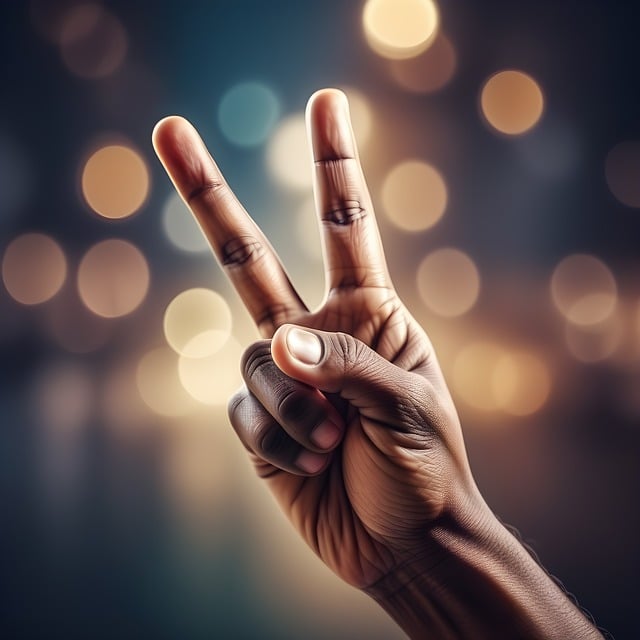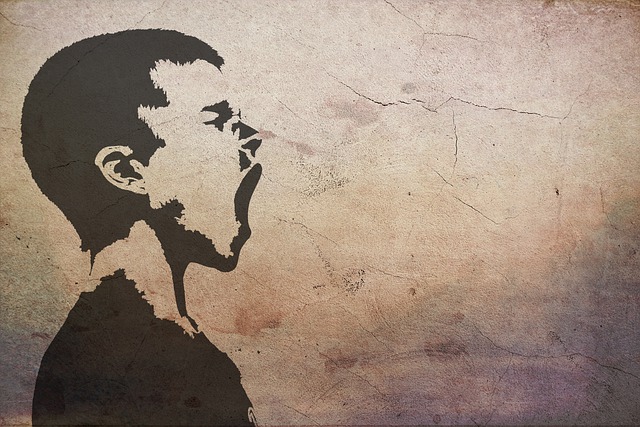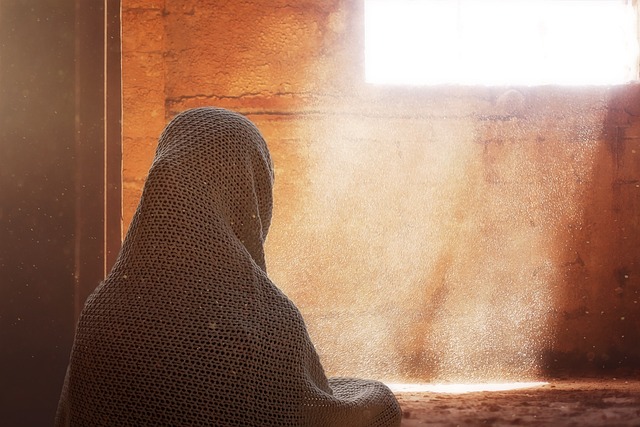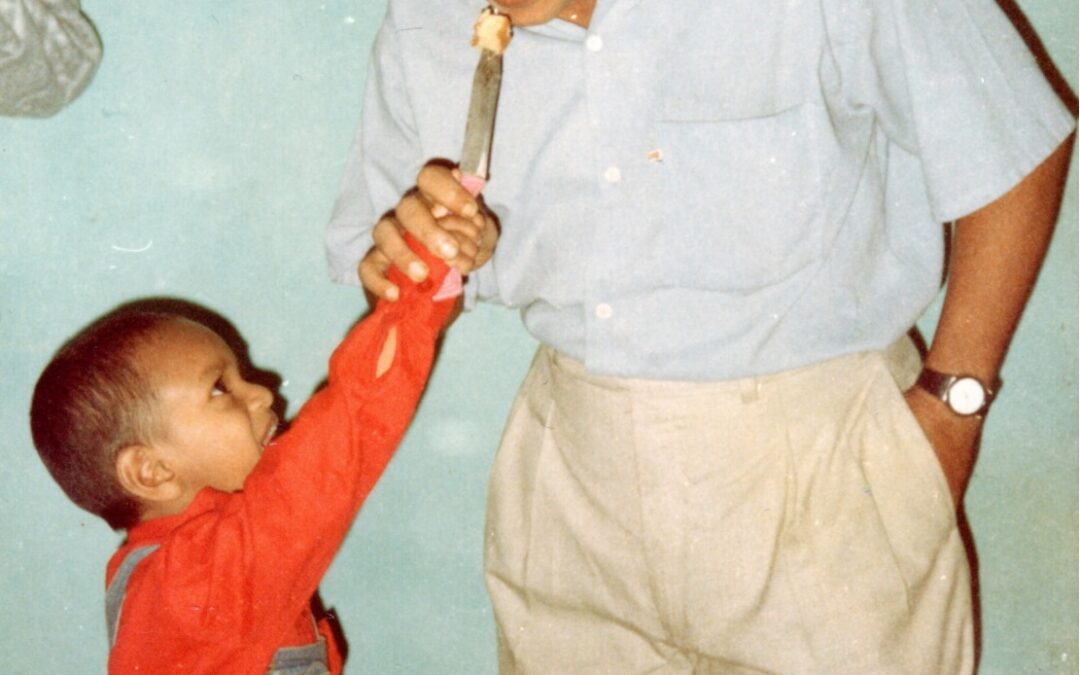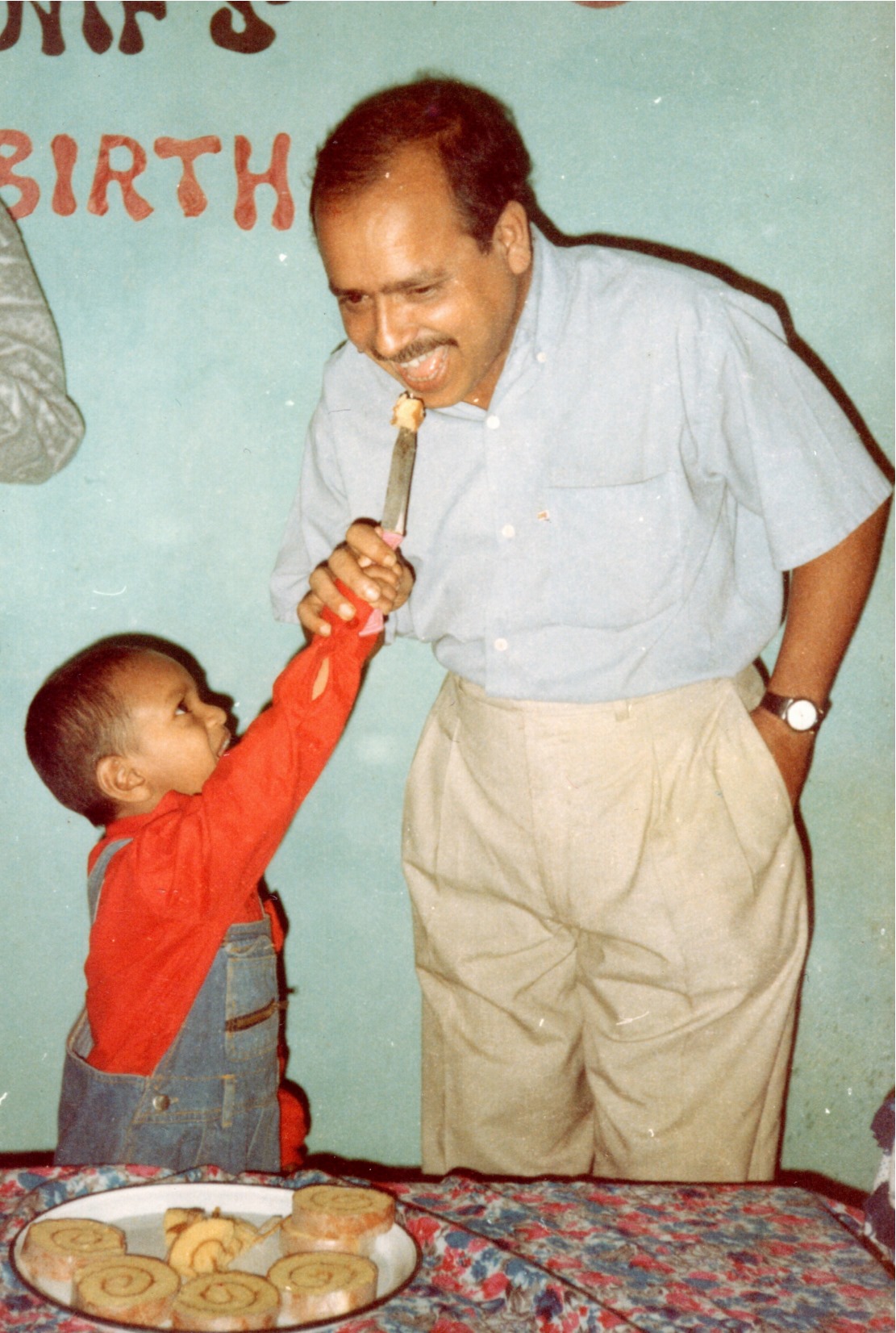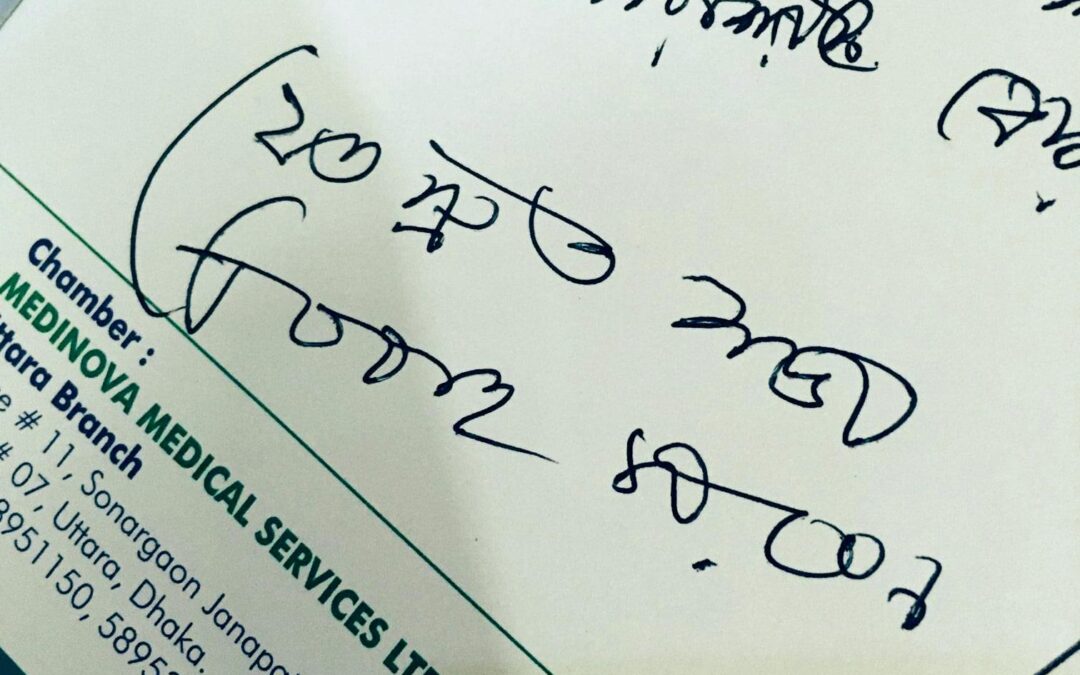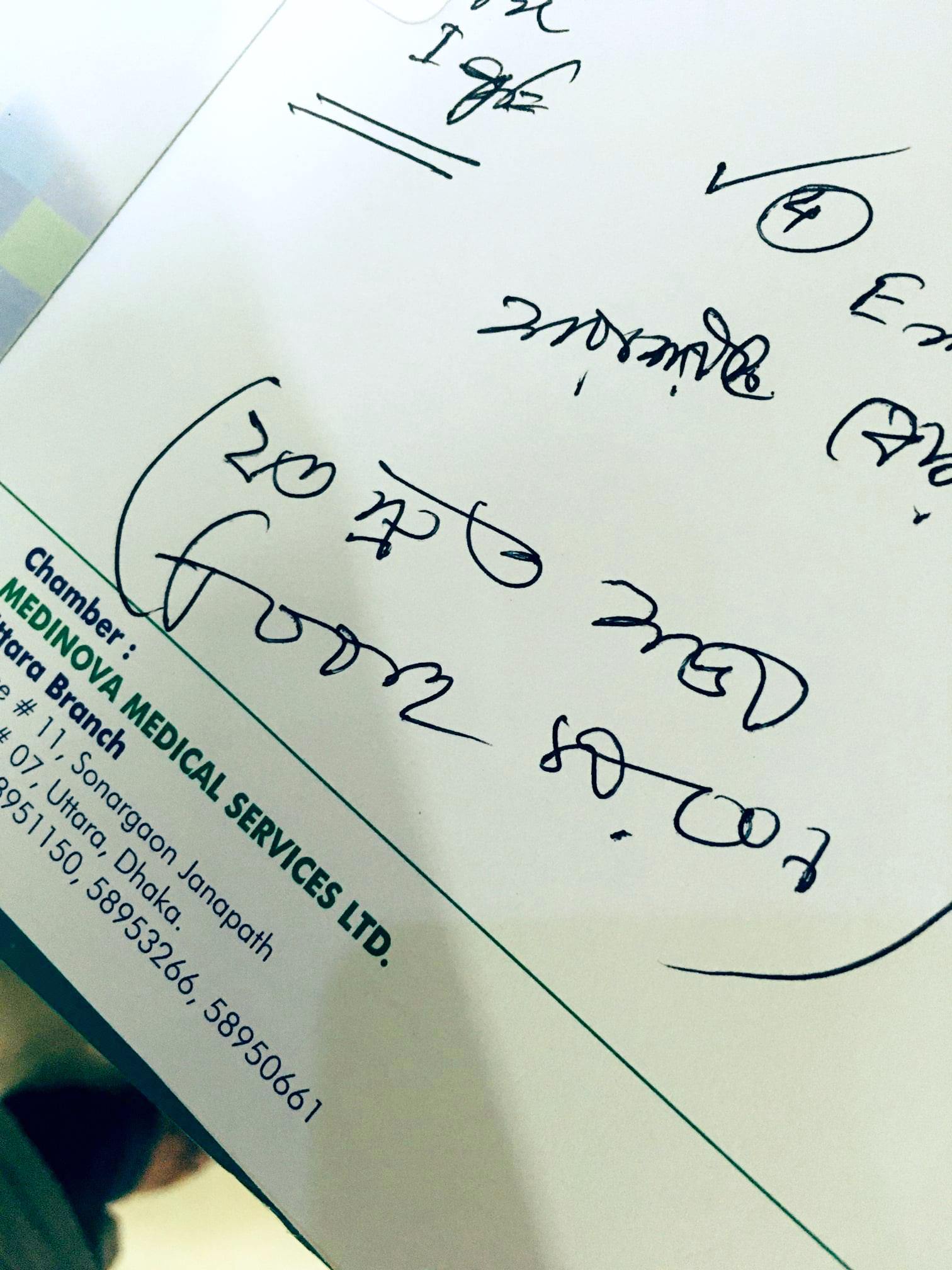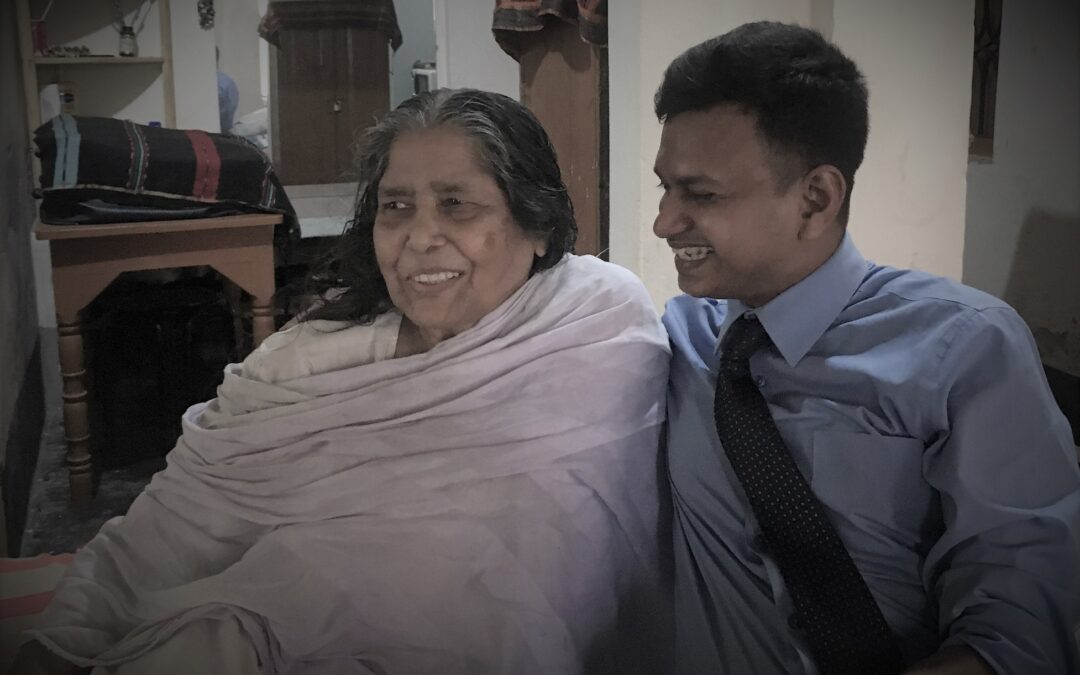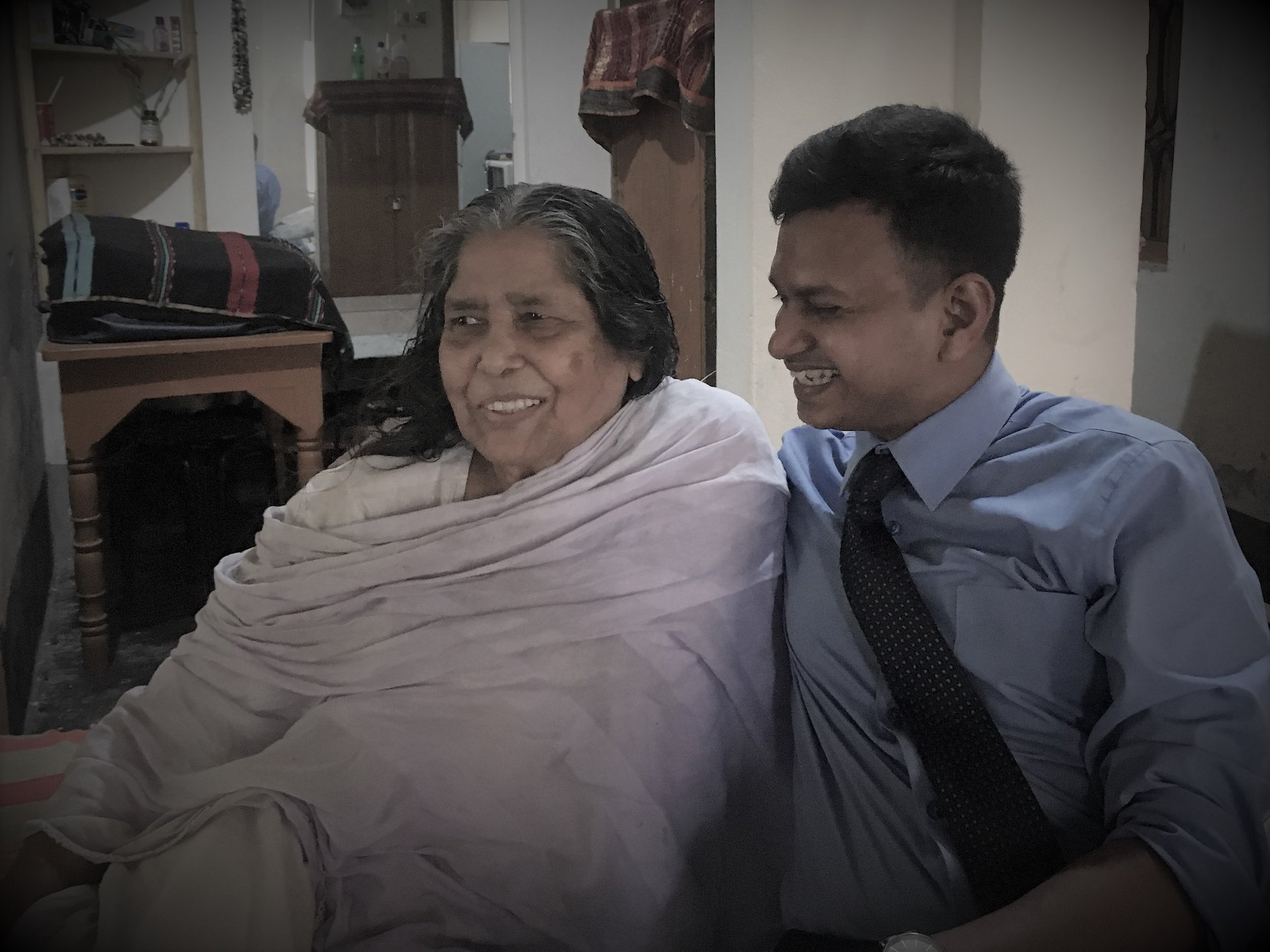We have all done this at some point in our lives. Whether it’s with our parents, to get our favorite toys or with our friends to receive favors. We have made people feel guilty, to make them do something for us. It works most of the time. It’s not a great feeling though — when we are guilt-tripped. Guilt-tripping is one of the oldest tricks in the book of manipulation, and I’m noticing it around me a lot lately.
The intentions of guilt-tripping may vary, but the outcome is always the same — manipulation. We can say that the people who intentionally convince others that they’ve done something wrong and should feel ashamed of themselves/their actions have disordered characters. These people with disturbed characters are often successful in manipulating their victims.
You may ask, why are they so successful? Why are these victims so dumb to fall for those manipulative tactics? Well, are they really? Are the victims really dumb? The answer is “No!” In fact, the victims, who feel guilty or ashamed, are the people with a more developed conscience than the manipulators. This is exactly why the victims feel guilty in the first place. Unlike the manipulators, they are empathetic; they can feel.
What if we make these manipulators taste their own medicine? We may try, but that won’t have any effect on them. They will never fall for it because their consciences haven’t developed to the level, from where they can feel guilty or empathy. They may pretend to be affected, but deep down, they know they don’t care; just like the victims may pretend that they aren’t affected, but deep down, they are feeling guilty and ashamed. Therefore, it’s tricky to give a verdict about who’s a manipulator and who’s an empathetic person. One definite way of spotting this kind of manipulation is when you personally become a victim of such guilt-tripping.
After the George Floyd murder, the world has seen an anti-racist movement that was long overdue. People from different countries took the streets. Many netizens — activists or not — spoke up online, showing solidarity with the movement. This is the inculcation of what Martin Luther King Jr. wrote from the Birmingham jail.
“Injustice anywhere is a threat to justice everywhere. We are caught in an inescapable network of mutuality, tied in a single garment of destiny. Whatever affects one directly, affects all indirectly.”
Meanwhile, I couldn’t help but see a growing number of social media posts and even newspaper headlines saying that before we feel concerned about what is happening on the other side of the world, we should be doing something about the injustice happening in our own community first. Yeah. Proximity matters. This sounds valid. So, I shouldn’t be… Wait a minute! Why am I feeling guilty of not speaking against the injustice happening in my country and people? Why do I feel like I shouldn’t be concerned about black men dying in foreign soil when I won’t or can’t talk about the unjust treatment of people in my home country?
What an emotional distraction it is! This is the first logical fallacy I caught. This argument is an example of a “Red Herring Fallacy,” where the manipulator diverts the focus to something that seems to be relevant but is actually trying to confuse and distract the victim. The movement triggered by the murder of the Floyd is about racism against the black people in the U.S. hence, “Black Lives Matter (BLM).”
On the other hand, the injustice that happens in my country is a different case altogether. Unlike the African Americans, We weren’t brought to this land in chains and treated like animals for hundreds of years. It is not logical to compare the struggle of black people in America with our everyday struggles as the majority race of our country.
Now, if I take an active part in the BLM movement and choose not to engage with my country’s government, does it give anybody the right to slap a label of a hypocrite/traitor on me? Absolutely Not! But funny thing: It sounds like the only option!
I have seen posts that said something like this:
if you’re speaking out about Injustice happened with Floyd and not talking about the police brutality in Bangladesh, then you’re not an activist at all!
This kind of guilt-tripping is happening worldwide. Even some Bollywood stars are facing the same kind of faulty criticism from these groups of evangelical social media champions.
This brings me to the next fallacy I’ve identified. This time a classic “Black-or-White Fallacy!” Here the manipulators are limiting the options for the people who are speaking up about racism and putting them in an either-or position — either speak out about local issues or accept the label of “fake activist.”
Apart from being highly illogical, these arguments are surely affecting the ongoing social movements against racism. Think about the consequences these arguments are bringing with them. Whenever the manipulators are shaming the people who are currently talking about social issues of their own choice, the victims in most cases become silent because they are the people with a higher conscience. Their empathetic nature was the reason for them to speak out against that injustice in the first place.
Moreover, this kind of criticism will make them think twice in the future before they decide to speak up against another injustice, whether national or international.
The people of Bangladesh who are showing solidarity with the black Americans aren’t blind or deaf. They know very well what’s happening in their own society and country, yet they chose to associate with a movement that is happening thousands of miles away from where they currently reside. We do not know what factors may have influenced the kind of individual choices they made by picking an issue to talk about that is happening far away from them. Don’t you think this deserves some deep thinking before we start judging them from the get-go?
Since we are in this in this faulty argument game now, let me then throw in one of my own fallacious theories out there. Oops… I started with the Appeal to Hypocrisy, didn’t I? Anyway, here’s my theory:
I think this whole thing is a conspiracy by the people who are in power. When they saw how the people united against power and started to bring revolutionary changes that weren’t possible before due to bureaucracy and dirty politics, they started shaming people to break that unity. The colonial “divide and conquer” is at play again. They are dividing a global unity and guilt-tripping people into silence. They are turning one oppressed against another so that they cannot join to fight the one common enemy called, the power.
Slippery slope you’d say? I agree! Nonetheless, it makes more sense than the guilt-tripping arguments made by the manipulators popping up around us like toadstools.
Note: This article was later published in Dhaka Tribune on June 22, 2020.
